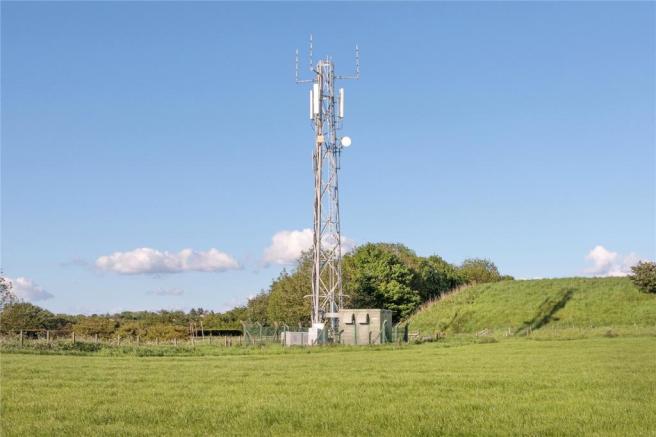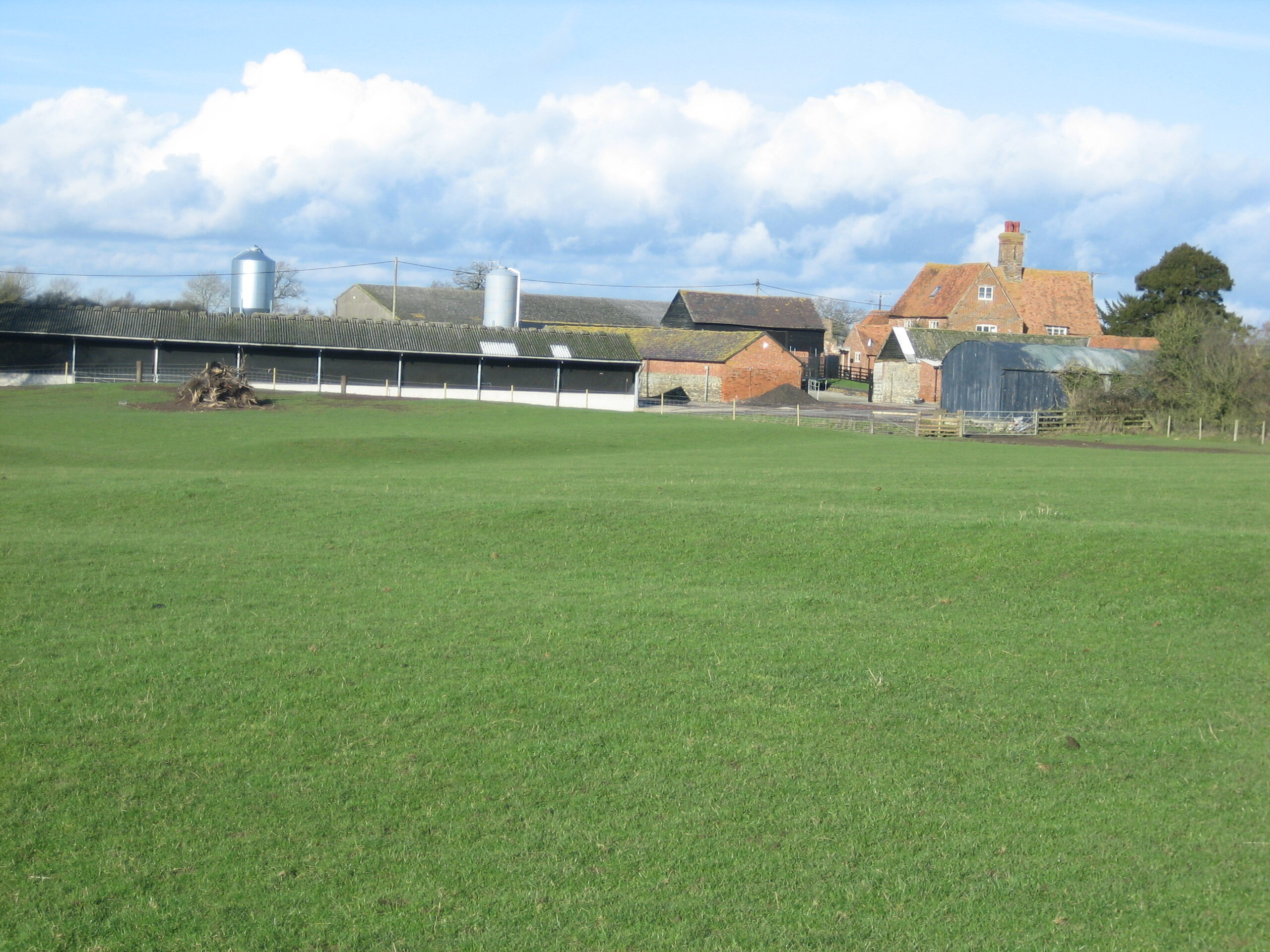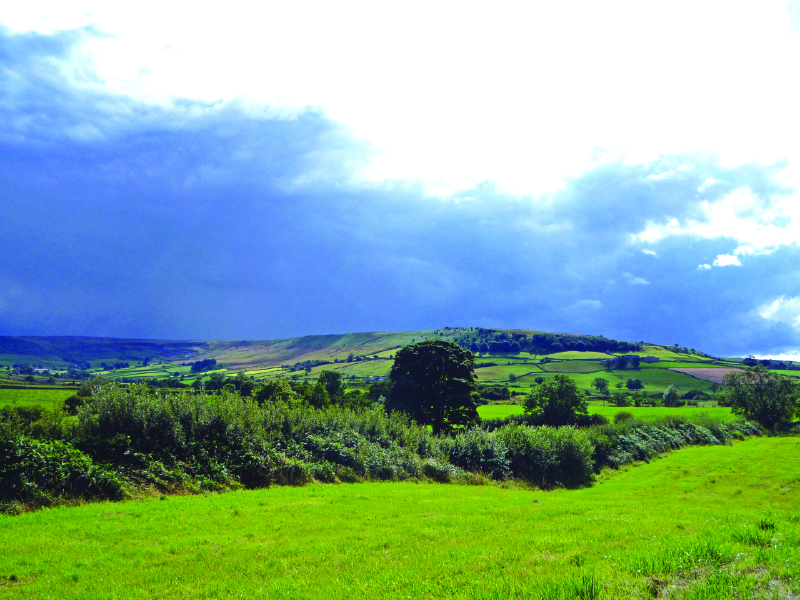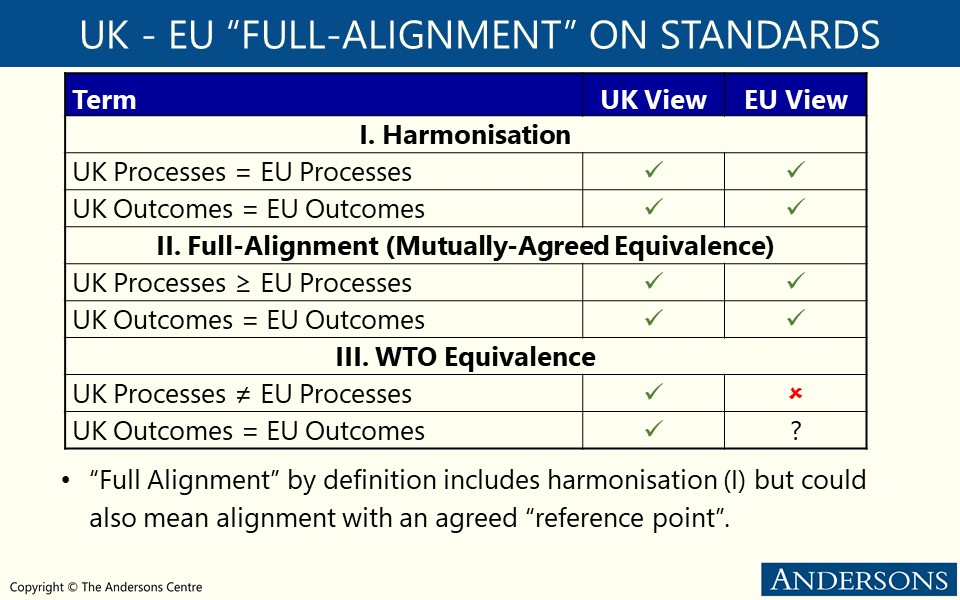Defra has published the results from the Farm Practices Survey held in October 2019. The survey included questions on farm business advice, precision farming technology, computer and smartphone usage, farm business planning, disposal of plastics and animal welfare.
Some key findings include; the majority (63%) of farms find it very easy or quite easy to seek and gain advice on running their farm business, with farmers most likely to seek advice on productivity, the environment and regulation. However, almost a fifth of farmers (18%) surveyed, said that advice was not needed for their business in the last twelve months. The farming press and media were found to be the most popular source of information for productivity, the environment and regulation. Friends, family and colleagues were the next port of call for productivity advice, with industry bodies or local farming groups such as the NFU or AHDB being the second favourite for advice on the environment and regulations.
When it came to the questions answered on precision farming, interestingly the most common practice was regular weighing of livestock, carried out by 42% of farmers, estimated breeding values came in second at 30% with soil mapping and yield mapping at 29% and 17% respectively. The most frequent answer on the reason why farms used precision farming techniques were to increase productivity or performance at 78%, followed by improving accuracy at 59% and reducing input costs at 55%. Impact on the environment was the least likely reason to employ precision farming techniques at 38%.
Nearly a third of farms (31%) have developed non-farming income such as tourism or letting buildings and over a quarter stated that they plan to widen the variety of crops or enterprises over the next three years. This follows from the 2018 survey which found that a third of farms intended to introduce a significant change over the next 12 months. This may be due to the phasing out of BPS payments, farmers will be seeking to bring in further income from different practices.
A third of farms said that the most significant reasons preventing farms recycling plastic on their farm was due to lack of infrastructure and uncertainty of who can collect the waste. Nearly three quarters of respondents were concerned about plastic pollution on farm. The most common type of plastic found to be used on-farm was packaging, with 80% of farms indicating this.
Providing the best care possible for animals was the most frequent answer when asked what motivates farmers to maintain high animal welfare standards (95% of livestock farms surveyed). Of farms with livestock, 62% stated that they had already done all they can or were happy with the current level of animal welfare provided on their farm. Following this, 41% of farms with livestock stated that it was financial reasons that were the greatest barrier to improving animal welfare further.
The full survey can be found at https://www.gov.uk/government/statistics/farm-practices-survey-october-2019-general









